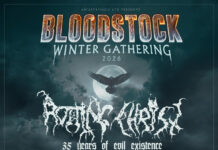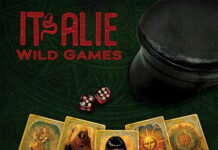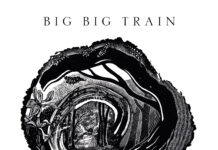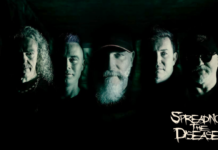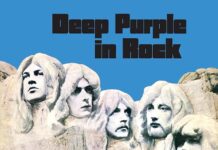A “Zealot Gene”, according to Tull main man Ian Anderson, is that trait inside someone which carries them out to the extreme edges, adopting standpoints whereby the polarisation of opinion leading to conflict is almost inevitable.
Anderson has never rigidly stuck to a formula. Even back in the band’s early days, a variety of styles could be discerned. The more proggy Stand Up replaced the bluesy rock of This Was, and Songs From The Wood was very different from Thick As A Brick. On this album, Tull’s first new studio album for close to twenty years, Anderson has reprised the sound of Tull in the seventies to produce an album which, in this scribes humble opinion, is their best for some time, one which sees him revisiting old ground and, depending on your standpoint, either taking another pop at organised religion or simply offering an informed view of it for consideration. As he says, “I still feel the need to question and sometimes draw unholy parallels from the text.“
Opening track the upbeat ‘Mrs Tibbetts’ harks back to the Tull sound circa their Minstrel In The Gallery period, with some delightful guitar touches from Florian Opahle. Mrs Tibbetts was the mother of the pilot who flew the plane ‘Enola Gay’ which dropped the atom bomb on Hiroshima, Enola Gay being her Christian name. (Who says RAMzine has no educative function?).
Tracks such as ‘Jacob’s Tales’, about family divisions, and the delightfully wistful ‘Where Did Saturday Go?’ a story of a lost 24 hour period, are mostly Anderson solo tracks with him on acoustic guitar with minimal backing.
The religious inferences kick in with ‘Mine Is The Mountain’, which could be the later-life partner of Aqualung’s ‘My God’ .. “Mine is the mountain on which you tread, tell me you love me and fear all I’ve said” .. with Anderson taking a critical look at the omnipotence of the creator. ‘Three Loves Three’ postulates the idea there’re different kinds of love, and ‘The Betrayal of Joshua Kynde’ (JK being a metaphor for Jesus) is a literal reference to the greatest story when he was betrayed… “Should I be surprised at the price on my head?”.
‘The Fisherman Of Ephesus’ sees John the Baptist as the last surviving apostle and suffering survivors guilt, while ‘Barren Beth, Wild Desert John’, is a piece about a renegade controversial preacher, is as near to a riff-based song as there is on the album.
But Anderson touches on social issues as well. ‘Sad City Sisters’ questions the behavioural traits of some people out on a Saturday evening, while ‘Shoshana Sleeping’ is a quiet song about “gentle worshipful voyeurism.”
Is Ian Anderson about to tweak a few tails again with another concept album, one based on the verses of the Bible? Hardly likely. His views of religion stop short of preaching and outright blasphemy, and the music’s as good as anything Anderson’s written for a while, with lots of the trademark Tull sound of flute and guitar. For fans of the classic Tull sound, this one’s for you.




